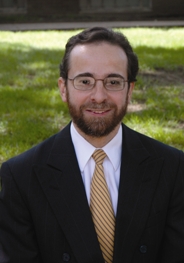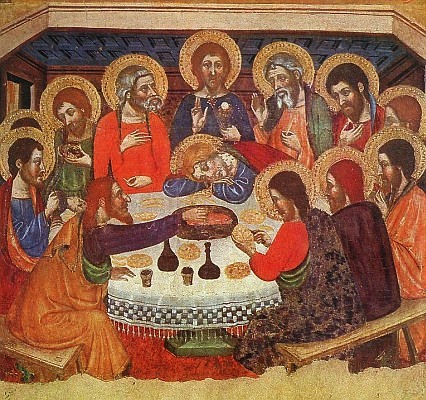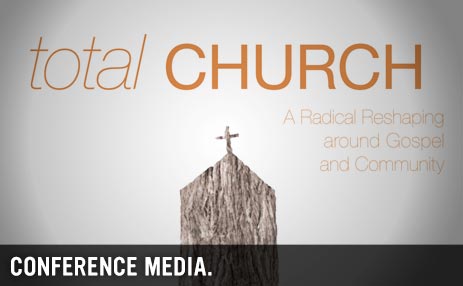Yesterday, a friend’s question on social media in response to an article I shared about children in same sex households provoked the following thoughts on the issue of adoption, even dealing with single parent adoptions and the detriment to the child (not to mention the selfishness they expose). Here is the article I shared:
Here are my thoughts on the issue of same sex couple adoption and single parent adoption, as well as the destructive force they (in particular same sex couple adoptions) have on children and on society:
Yes, I am opposed to single parent adoptions. Though, I will firmly argue that a single parent is less destructive than homosexual parents – who effectively guarantee the perversion of the child’s mind from naturally understanding God as their Father and the Church as their Mother. For no one can have God as their Father if they do not have the Church as their mother.
Further, at least a child with a single mother or father can have a motherly or fatherly figure (respective of the one missing) enter their lives through other relatives or friends or future marriage. Same sex couples are claiming to be married and in need of no other member of the opposite sex to be required in the household (though I’m sure some single parent adopters have thought the same thing, wrongly).
Now, I say this not to disregard the grace of God in saving people out of their twisted thinking and broken upbringings… I am saying this as a point of genuine natural law and civil society. As Christians – by conceding this to be acceptable – we further degrade and destroy our society and our witness to those who would seek to understand what a true human society should look like.
For those of you who might think that (simply) 2 is better than 1… This thinking ultimately breaks down because all children in America today (who are not being held captive by criminals of course) have plenty of people helping to raise them in their lives – whether it is school teachers, grandparents, neighbors, fellow church members, etc.
This issue, from a Christian perspective, has everything to do with nature, the created order, and human salvation – and NOT anything to do with having enough people to help a child have some kind of ‘better’ life. For a child who has a better life and ends up not worshiping God will receive more damnation in hell than the child who was poor and needy, yet still did not believe. For we are all going to be judged according to our deeds – either for rewards in heaven or punishments in hell.
By nature – on the adoption issue – any child raised in a single parent or same sex couple situation is going to be devoid of any real life experience of how God created them to grow up naturally – thus the basic problem of allowing either kind of people to adopt. Therefore, as Christians, to have any part in “okaying” or affirming such practices in adoptive circumstances is to rip apart the very fabric of our civil society. It not only harms the child, but it also puts one more stumbling block in the way of that child growing up to see these two fundamental truths of reality:
- No one can have God as their Father who does not have the Church as their Mother. (Galatians 4:26)
- Marriage between a man and a woman has always stood to show this mystery – the relationship between Christ and the Church. (Ephesians 5:32)
And as we all should recall here… Jesus said, “It would be better for him if a millstone were hung around his neck and he were cast into the sea than that he should cause one of these little ones to sin.” (Luke 17:2)





